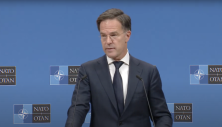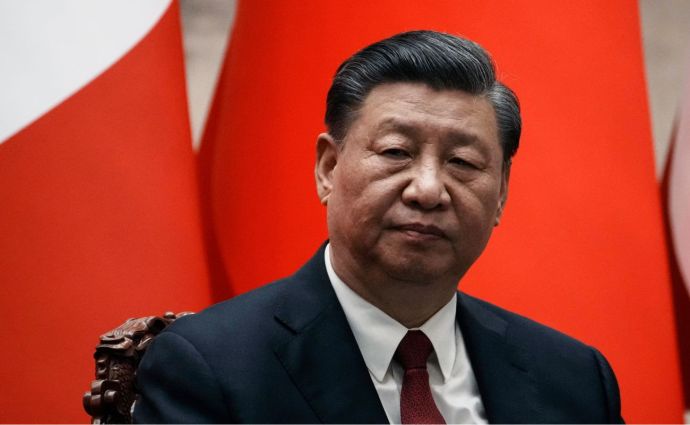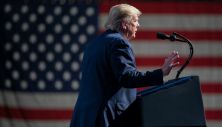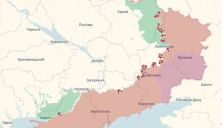On September 5, the Ministry of Foreign Affairs of China confirmed the information spread in the media that the President of the People’s Republic of China, Xi Jinping, will not attend the G20 (“Big Twenty”) summit, which will be held in New Delhi (India) on September 9-10. Xi’s decision puzzled Washington. According to the coordinator of strategic communications of the National Security Council of the White House, John Kirby, US President Joseph Biden planned to meet with the leader of China, FREEDOM informs. Earlier, the President of the Russian Federation, Vladimir Putin, also announced that he would not go to New Delhi, and Foreign Minister Sergey Lavrov would come instead. The Ministry of Foreign Affairs of China informed that the Chinese delegation at the summit will be headed by Premier of the State Council of the People’s Republic of China Li Qiang.
The US president reacted to the Chinese leader’s decision not to go to India. “Yes, I’m disappointed, but I’m going to see him. Thank you,” said Biden. Washington and Beijing are trying to stabilize bilateral relations. Proof of this is diplomatic activity. In the past few months alone, US Secretary of State Anthony Blinken, Treasury Secretary Janet Yellen and Commerce Secretary Gina Raimondo have visited China.
Analysts suggest that perhaps Xi Jinping finds it more appropriate to meet with Joe Biden at the Asia-Pacific Economic Cooperation summit in San Francisco in November. “The meeting between the US and China in California gives both sides more time to agree on ‘outcomes’ and can draw more attention from the world public to easing tensions, without being distracted by the worsening India-China relations and other issues on the G20 agenda,” she said. Director of the Department of Initiatives in South Asia at the Asia Society Institute in New York in an interview with South China Morning Post Farva Aamer. Xi’s absence from the G20 summit is explained by experts for a number of other reasons. The main one is the confrontation between India and China. New Delhi protested last week after Beijing released a map showing Arunachal Pradesh state and the Aksai Chin plateau in the Himalayas as Chinese territory, which India claims to be its own. Another reason, according to analysts from Hong Kong’s South China Morning Post, is Beijing’s fear that the Chinese leader will be denied a warm welcome because of China’s support for Russia after its full-scale invasion of Ukraine.
“As for the G20 summit, its final outcome will serve as a barometer of how geopolitical tensions and strategic competition affect global economic cooperation and multilateral diplomacy,” said Farwa Aamer. During the ministerial meetings before the G20 summit, serious disagreements emerged. In particular, Russia and China refused to support collective statements that contain clauses condemning the Russian Federation’s war against Ukraine. In turn, the European Union plans to take advantage of the absence of the Chinese leader and the Russian president at the G20 summit to approve the African Union’s bid for permanent membership in the Group of Twenty.
Bloomberg writes about this with reference to its own sources. The publication notes: permanent membership, and not the status of “invited international organization”, will give the African Union the same status as the EU, that is, more voting rights. According to the media, the European Union wants to show that it is serious about reviewing its partnership with Africa against the background of its rapprochement with China and Russia. In addition, on the agenda of the G20 meeting is the discussion of the consequences of Russia’s war against Ukraine.













